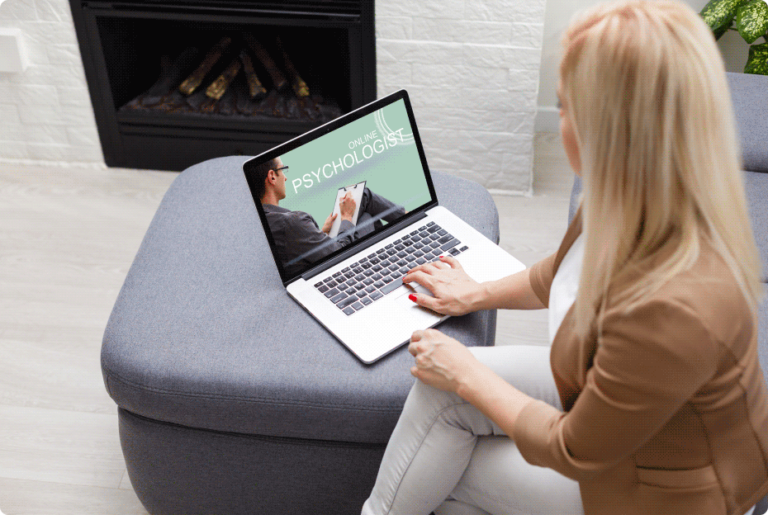By Brian Wu, MD, PhD
Clinically reviewed by Dr. Gayle Jensen-Savoie
While “friendship” is usually not a class your child is graded on, no one can deny it’s an important part of life at school. Children with ADHD may struggle with relationships from the very start of their school career, and as a new school year is approaching, parents of ADHD students might be thinking about this.
Here are some insights on why social skills are a challenge for kids with ADHD, and ways to help.
How Does ADHD Impair Relationships?
While this subject can be painful for parents, research demonstrates why students with ADHD can have difficulty forming relationships with classmates. A study in the Journal of Child Psychology and Psychiatry cited social deficits in the majority of ADHD students (from 52 to 82 percent, depending on the research). Teachers, parents and peers report these deficits, and they can show up as early as preschool.
Which specific behaviors can cause problems with peers?
Researchers from Reading and Writing Quarterly note that children with ADHD often have fewer friends as they are sometimes “considered to be intrusive, boisterous and annoying playmates.” Because of these characteristics, peers are more likely to reject them.
Betsy Hoza, Ph.D., writing in the Journal of Pediatrics, notes the inability to pay attention and listen to others makes it more difficult for ADHD children to pick up on — and learn to appropriately respond to — social cues.
This is more than just a hurtful experience for the child, Hoza explains, as difficulty in forming relationships at school is a risk factor for a wide variety of negative outcomes later in life. These include poor academic performance, skipping school, delinquent behavior and failure to graduate from high school.
What Can Parents Do to Help
The good news? There are strategies parents can use to help their child develop successful relationships as they grow. The Centers for Disease Control and Prevention makes the following recommendations:
- Observe how your child is interacting with others on a regular basis — and keep in mind that the earlier you identify problems, the better the chances of dealing with them. An article on the Mayo Clinic’s website adds that providing your child with immediate feedback (either to correct behavior or to praise it, depending on the situation) in natural social situations is very beneficial. What is not beneficial is to isolate the child more, since this can often make social skills deficits worse.
- Use a team approach and make sure to check in regularly with your child’s teachers, coaches, school counselors and other significant people in his or her life to get other perspectives on progress or problems. A non-profit organization for children and adults with ADHD — Children and Adults with Attention-Deficit/Hyperactivity Disorder, or CHADD — notes that it can also help, when working with other important people in your child’s life, to set definite goals for social skills acquisition that everyone — including your child — is aware of.
- Make an effort to keep your child engaged in a variety of activities with others of the same age — both in and out of school. CHADD says you can increase your child’s chances of social success if the activities are simple, involve a small group of children and are carefully supervised.
Getting Expert Help
For many parents of children with ADHD, working on their children’s social skills can seem overwhelming. This is why expert help can be hugely beneficial.
“So many of the children I see in counseling have the same problem — feeling left out and lonely,” Cathi Cohen, a certified group psychotherapist, writes on the CHADD website.
“Feeling alone and disconnected from peers is a distressing thing for a child to experience,” Cohen says. “And it’s not only the children who suffer. As parents, you also feel frustrated and hopeless at not knowing how to help your children make the friends they so strongly desire.”
Parents also should know effective therapies are available, and are even recommended by experts like those at the Society of Clinical Child and Adolescent Psychology. These therapies include a variety of behavioral interventions to address social skills deficits, including:
- Behavioral parent training, or BPT: This is a therapy that helps to educate parents on positive ways to improve behavior, and the child-parent relationship at home.
- Behavioral classroom management, or BCM: These are strategies teachers use to improve student behavior through consistent, clearly defined rules and expectations.
- Behavioral peer interventions, or BPI: This is an intensive training technique that focuses in on social skills and often is done in a guided group play setting.
Peer rejection is a common experience for children with ADHD. But parental awareness of the challenge — combined with a team approach and behavioral interventions — supports positive social development through these all-important school years.
Sources:
Journal of Child Psychology and Psychiatry
The CLASS: Behavior Management and Productivity
Columbia University, Department of Psychiatry
Word count: 535






